
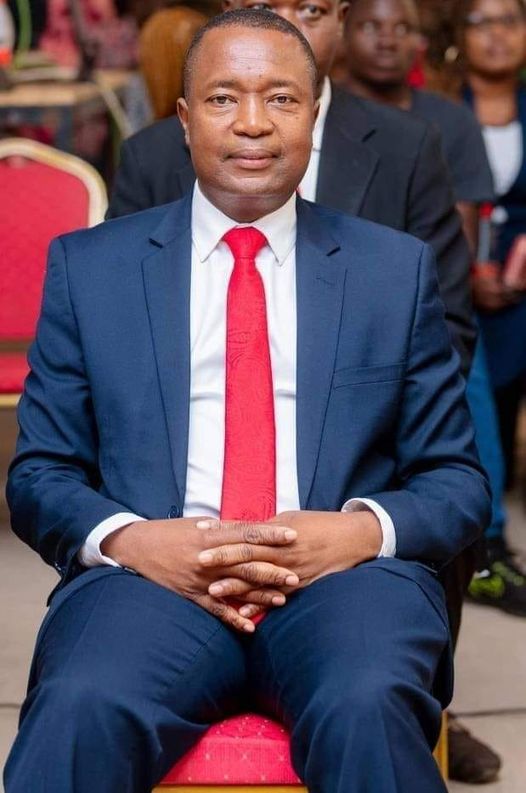
In a recent exchange that has captured the attention of the Malawian public, self-acclaimed rights activist Undule Mwakasungula has been criticized for attacking Dalitso Kabambe, a respected economist and former Governor of the Reserve Bank of Malawi.
The disagreement arose following Kabambe’s national television interview, where he expressed concerns over Malawi’s economic challenges, attributing many of them to a leadership crisis.
Mwakasungula, who has been accused of being a political surrogate for the ruling party and allegedly on the State House payroll, responded to Kabambe’s assertions by dismissing them as “political” and simplistic.
However, this response has not been well-received by the public, with many questioning Mwakasungula’s qualifications to speak on economic matters.
Comments on social media have scrutinized Mwakasungula’s academic background, with one user provocatively asking, “Kodi a Mwakasungula za economy anaphunzira kuti?, munthu owuma mutu ngati amene uja,” which translates to “What does Mwakasungula know about economics? A person as empty-headed as him?”
Kabambe, with an extensive background that spans various significant roles within the Malawi Government Economic Service, has a well-established reputation as a knowledgeable voice on economic matters.
His educational credentials, including a PhD and a Master’s Degree in Development Economics from Imperial College, University of London, solidify his authority in discussions centered around the nation’s financial landscape.
Kabambe has previously served as Secretary for Foreign Affairs and International Cooperation, alongside his role as Reserve Bank Governor, which positions him as a credible advocate for economic reform.
In his interview, Kabambe highlighted the pressing issues facing Malawi, including poor macroeconomic management, ineffective fiscal policies, and weak exchange rate controls, which he argues are exacerbating the country’s economic decline.
These assertions reflect a nuanced understanding of the economic environment, suggesting that the country’s leadership crisis is deeply intertwined with its financial struggles.
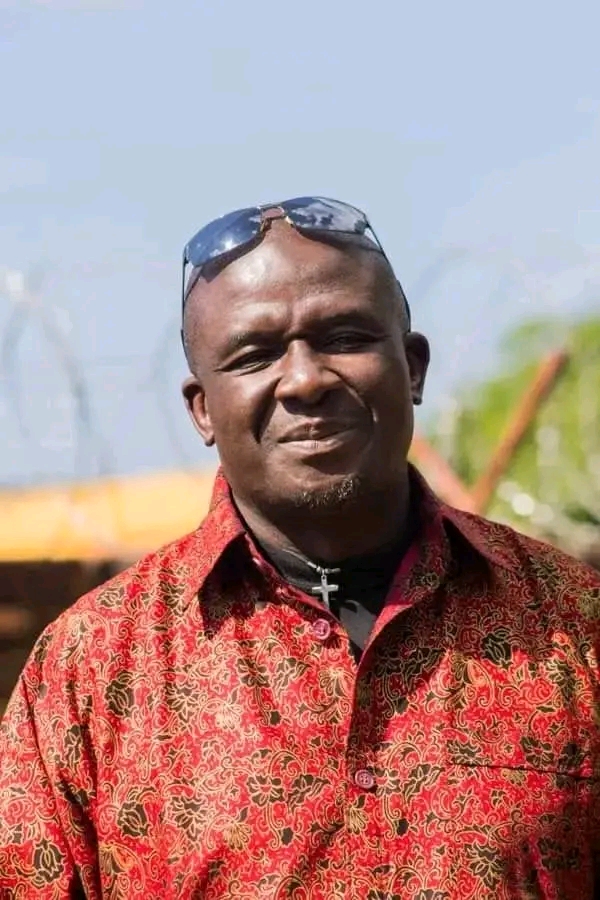
Mwakasungula’s critique has sparked a broader conversation about the necessity for informed discussion on economic topics.
His rebuttal appears to lack the requisite economic understanding that is vital for addressing the complex issues at hand.
Critics suggest that rather than engaging in political grandstanding, Mwakasungula should seek to elevate the discourse by focusing on the economic principles that underpin Malawi’s fiscal challenges.
The backlash against Mwakasungula underscores the responsibility that public figures have to ground their critiques in expertise and knowledge, especially concerning issues that severely impact the lives of Malawians.
Many now argue that the focus should not merely be on personal attacks or political posturing but rather on developing comprehensive solutions to the economic quandaries facing the nation.
In light of this controversy, it is evident that the discussion surrounding Malawi’s economic future is vital and should include contributions from individuals with adequate expertise.
The public’s support for Kabambe’s presidential aspirations reflects a growing desire for leadership that prioritizes economic stability and growth.
Ultimately, as Malawi navigates these turbulent economic waters, it is essential for stakeholders—activist, economist, and politician alike—to engage in informed, respectful dialogue focused on finding realistic solutions to the country’s pressing economic challenges.
The necessity for unity and collaboration in addressing these issues has never been more critical, and the Malawian populace deserves leaders who not only articulate problems but also provide viable pathways toward progress.





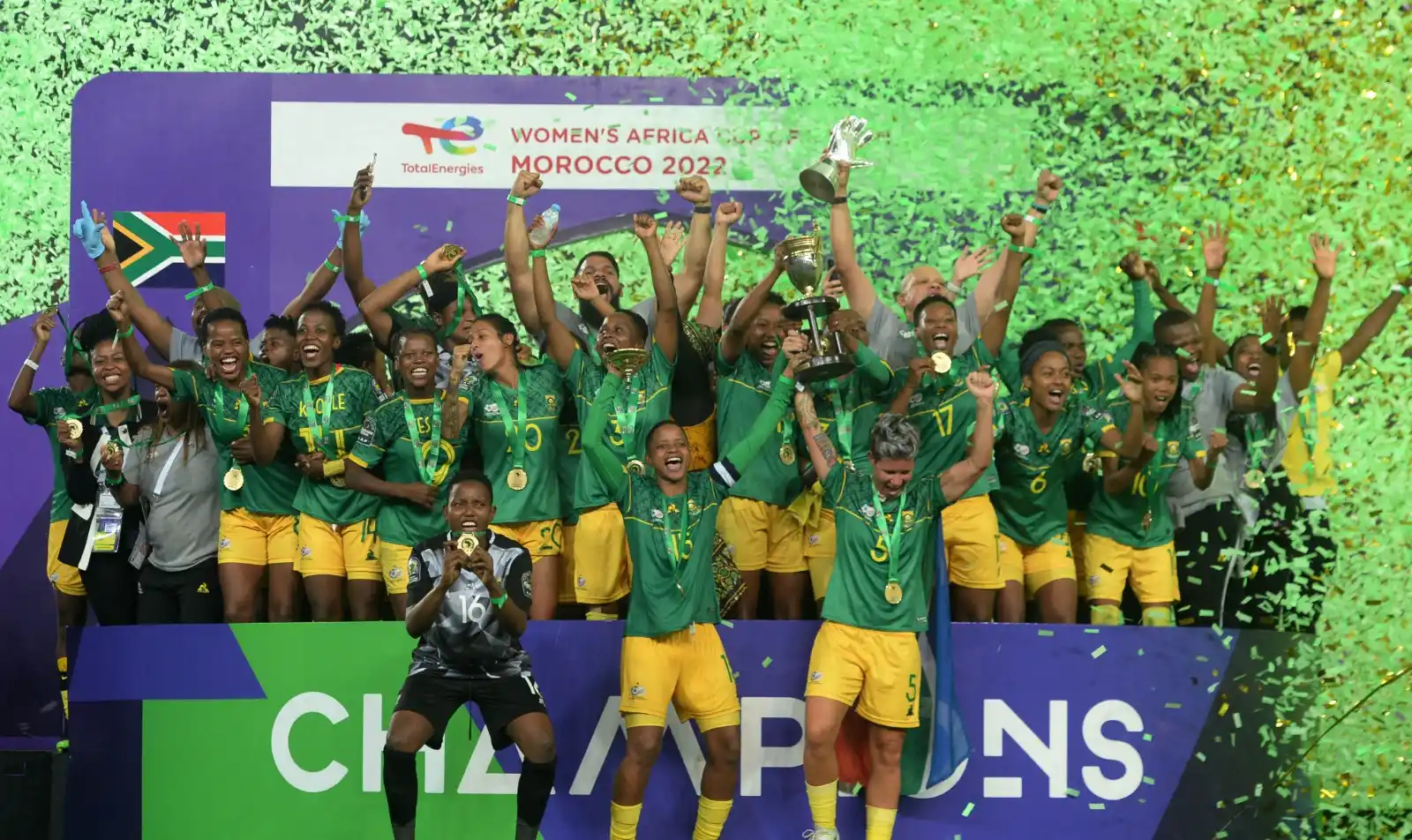
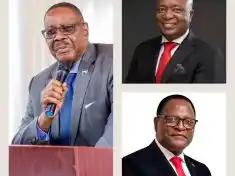
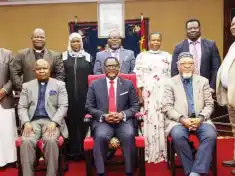
0 Comments